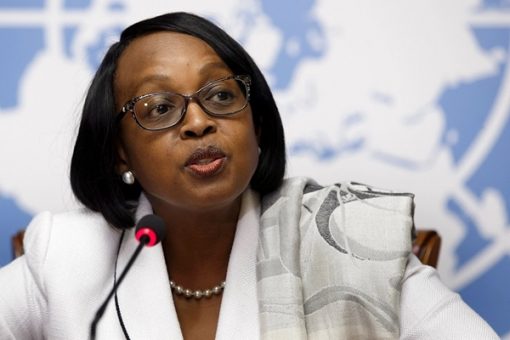The World Health Organization (WHO) has raised alarm over the rapid increase in diabetes across Africa, calling for urgent measures to address the growing health crisis. Over 24 million adults in the continent currently live with diabetes, with half unaware of their condition. By 2045, this figure is expected to more than double, reaching 54 million—the highest projected increase globally.
The surge in diabetes cases is attributed to factors such as urbanization, sedentary lifestyles, and poor diets. Despite this alarming trend, only 1% of Africa’s health budget is allocated to diabetes care, the lowest globally. If left unchecked, the disease could severely strain health systems and impose significant economic burdens on individuals and governments.
Matshidiso Moeti, WHO Regional Director for Africa, emphasized that many health systems in Africa are designed to combat infectious diseases and are ill-equipped to manage chronic conditions like diabetes. These require continuous care, regular medication, and lifestyle changes.
Speaking on this year’s World Diabetes Day theme, “Breaking Barriers, Bridging Gaps,” Moeti called for comprehensive reforms in African health systems. She highlighted the “Framework for the Implementation of the Global Diabetes Compact (GDC)”, endorsed in August 2024, as a roadmap to strengthen diabetes prevention and care.
The framework focuses on early diagnosis, improved access to essential medications, and enhanced community outreach through primary health care systems. Moeti urged governments, health workers, communities, and individuals to collaborate on raising awareness, reducing stigma, and implementing policies to address diabetes.
“On World Diabetes Day, I call on everyone to act,” Moeti said. “Governments must prioritize investment in diabetes prevention, while communities should create supportive environments to promote healthy living. For individuals, regular check-ups and healthy lifestyles are essential.”
She also stressed the need to dispel myths and misconceptions about diabetes, strengthen fragile primary health care systems, and improve healthcare worker training. Moeti concluded with a call to action for a united response to create lasting change for the millions affected by diabetes in Africa.

